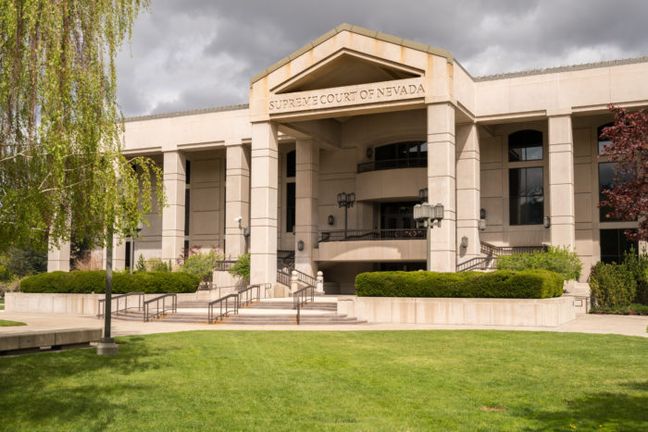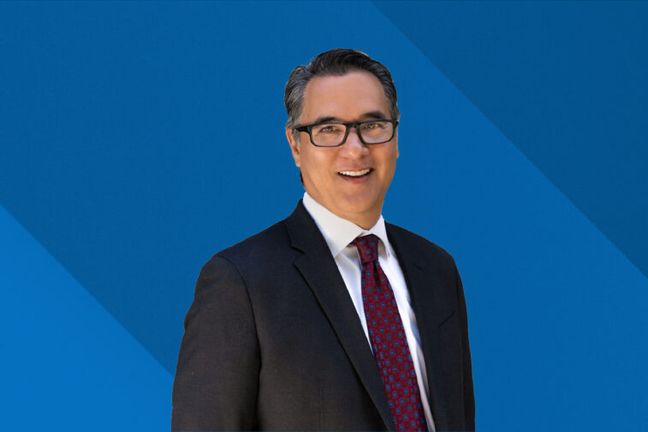It is bad enough in Nevada plaintiff gets to board the actual amount billed by providers for medical treatment as opposed to the amount received. It is doubly bad the number can be the amount put on a lien with the medical provider, as the lien number is typically higher than the amount would have been if billed through an insurance carrier. Before a provider will take the case on a lien, it often seeks details to evaluate the risk, since if plaintiff does not win, the provider does not get paid. The doctor will ask about the amount of coverage, whether liability is disputed and whether their potential patient has a history of prior accidents or preexisting issues. At least, at time of trial, defense counsel is allowed to ask whether the patient treated on a lien to attempt to establish bias due to the doctor having a financial investment in the outcome of the case. Khoury v. Seastrand, 377 P.3d 81, 132 Nev. Adv. Op. 52 (2016).
Practice of Health Care Providers Purchasing Liens
To get around the appearance of potential bias, doctors formed companies that purchased liens at a discounted rate, and the lien company would collect directly from the plaintiff’s attorney at the conclusion of the case. Once the doctor sells the lien, judges bar defense counsel from making the bias argument, as the doctor technically no longer holds the lien. Because these lien purchasing companies were often owned by the very doctors who provided the care, the Nevada legislature tried to get around this practice by adopting NRS 629.078 which makes it a category E felony for a provider of health care or health care facility to hold a financial interest in or acquire a debt or a lien that is based upon services which are provided to the patient who has filed or intends to file a civil claim to recover damages. The reasoning was these doctor-owned lien companies had a financial incentive for prolonging and providing unnecessary treatment and could jeopardize the integrity of the legal case.
Practice of Attorneys Purchasing Liens
To enable doctors to be immune from the prohibition against their involvement with medical lien companies, attorneys started purchasing medical liens from health care providers for personal injury clients of other attorneys. The problem comes when the case is settled or resolved because the attorney’s allegiance can then be split between the client and the interested third parties, i.e., colleagues who now hold the liens. When the client does not want the attorney to pay the lienholders or the amount of the award needs to be interplead, the potential for conflict of interest is very real. Attorney liens take priority, leaving the remaining lienholders to negotiate or mediate a consensual settlement. An attorney may not want to sue the lienholders in interpleader as this would require the attorney to incur further fees and costs, thereby reducing the potential recovery even though this may be in the best interest of the client.
The Challenge
The State Bar of Nevada’s Standing Committee on Ethics and Professional Responsibility issued a formal opinion (#53) on April 18, 2017, stating “[i]t is unethical for an attorney who represents clients in personal injury cases to be involved in the business of buying and selling medical liens of other attorneys’ personal injury clients.” The challenge to the defense bar now is to find the attorneys who are continuing this practice, particularly when inquiry into a patient’s treatment on a lien is immediately shut down by the court when the doctor says his or her lien has been sold. Sold to whom is the question?


 Audish v. Macias Builds Upon the Foundation Started in Howell v. Hamilton Meats & Provision, Inc. By Affirming the Admissibility of Medicare...
Audish v. Macias Builds Upon the Foundation Started in Howell v. Hamilton Meats & Provision, Inc. By Affirming the Admissibility of Medicare...
 My New Year’s Resolutions at Work
My New Year’s Resolutions at Work
 Barking Up the Wrong Policy
Barking Up the Wrong Policy
 California Civil Procedure Code Section 998 – a Means to An End
California Civil Procedure Code Section 998 – a Means to An End
 May or Must: California and the Ninth Circuit Applies Grammar Rules for FMLA
May or Must: California and the Ninth Circuit Applies Grammar Rules for FMLA
 Par For the Course
Par For the Course
 Shining Light on Phantom Medical Bills–Lessons from Washington on Using Federal Hospital Price Transparency Rules to...
Shining Light on Phantom Medical Bills–Lessons from Washington on Using Federal Hospital Price Transparency Rules to...
 When Roads Diverge in the Wood: the Power of Risk in Building a Fulfilling Career and Stopping Nuclear Verdicts®
When Roads Diverge in the Wood: the Power of Risk in Building a Fulfilling Career and Stopping Nuclear Verdicts®
 Ask Atty: Scott Ruksakiati
Ask Atty: Scott Ruksakiati